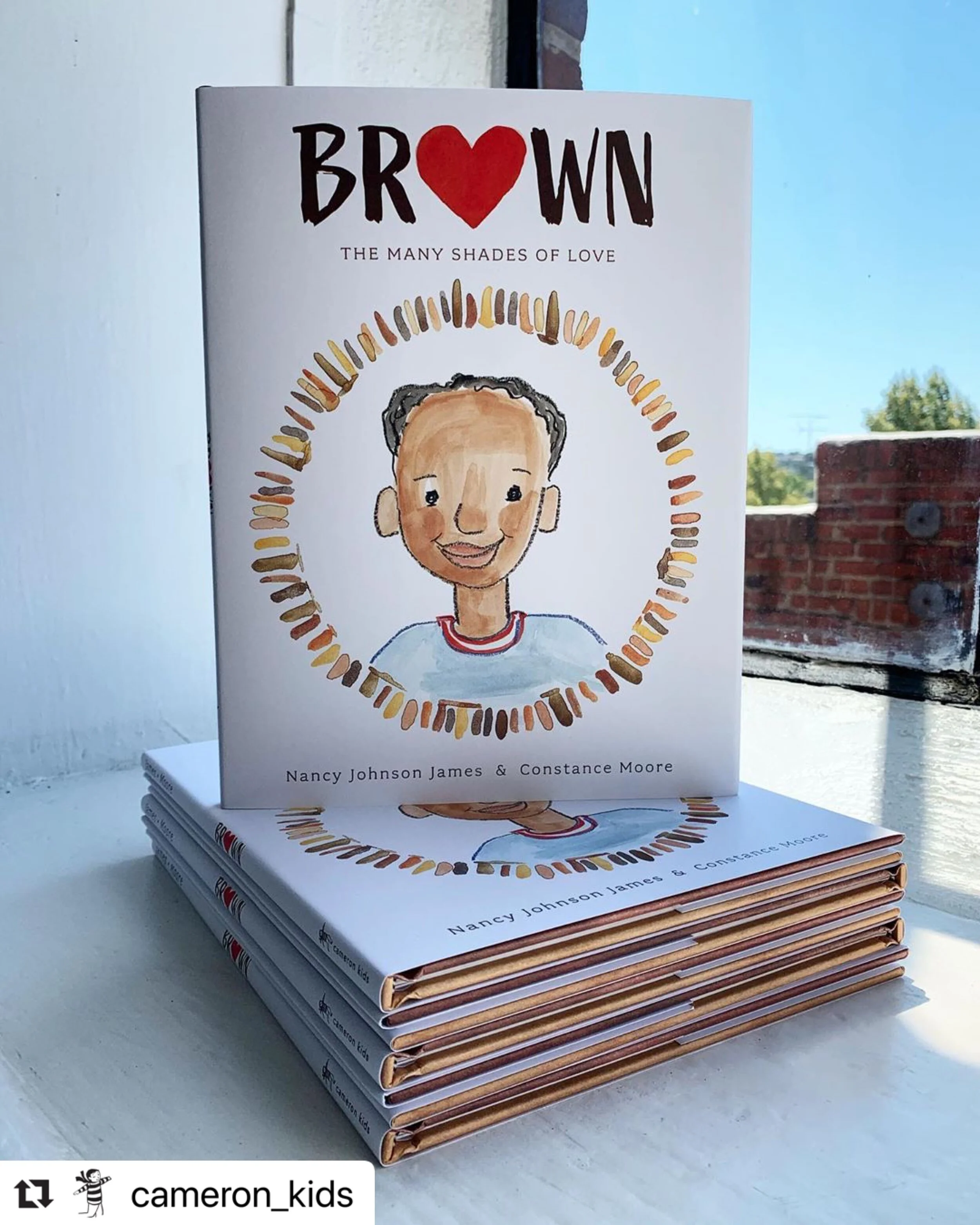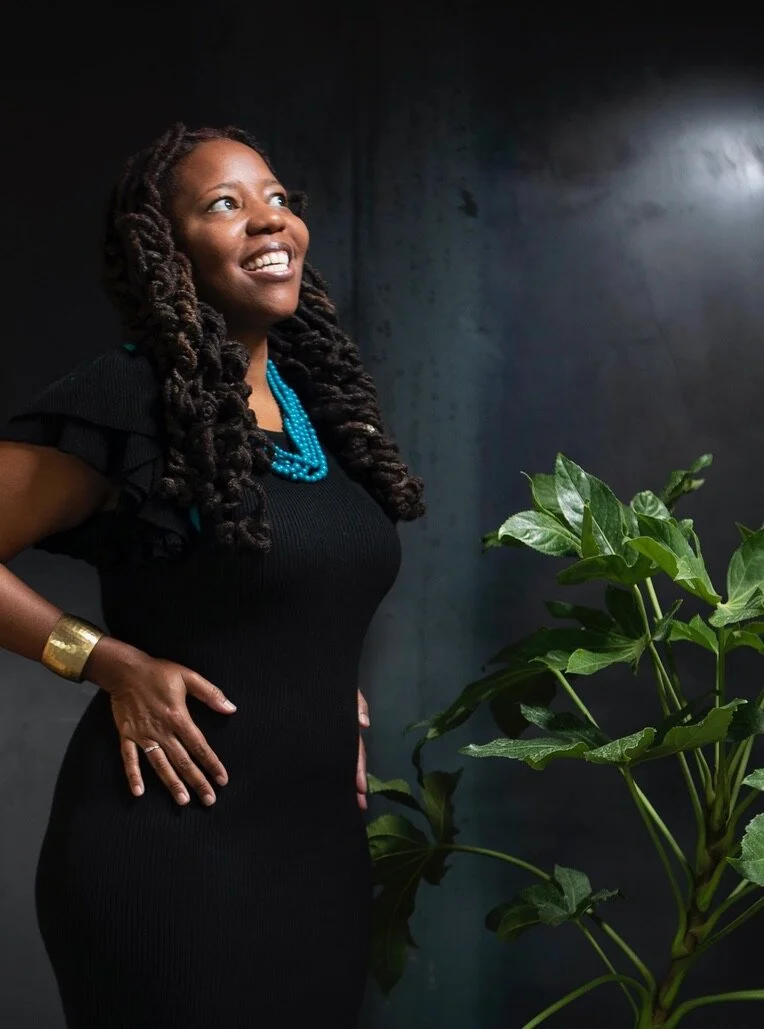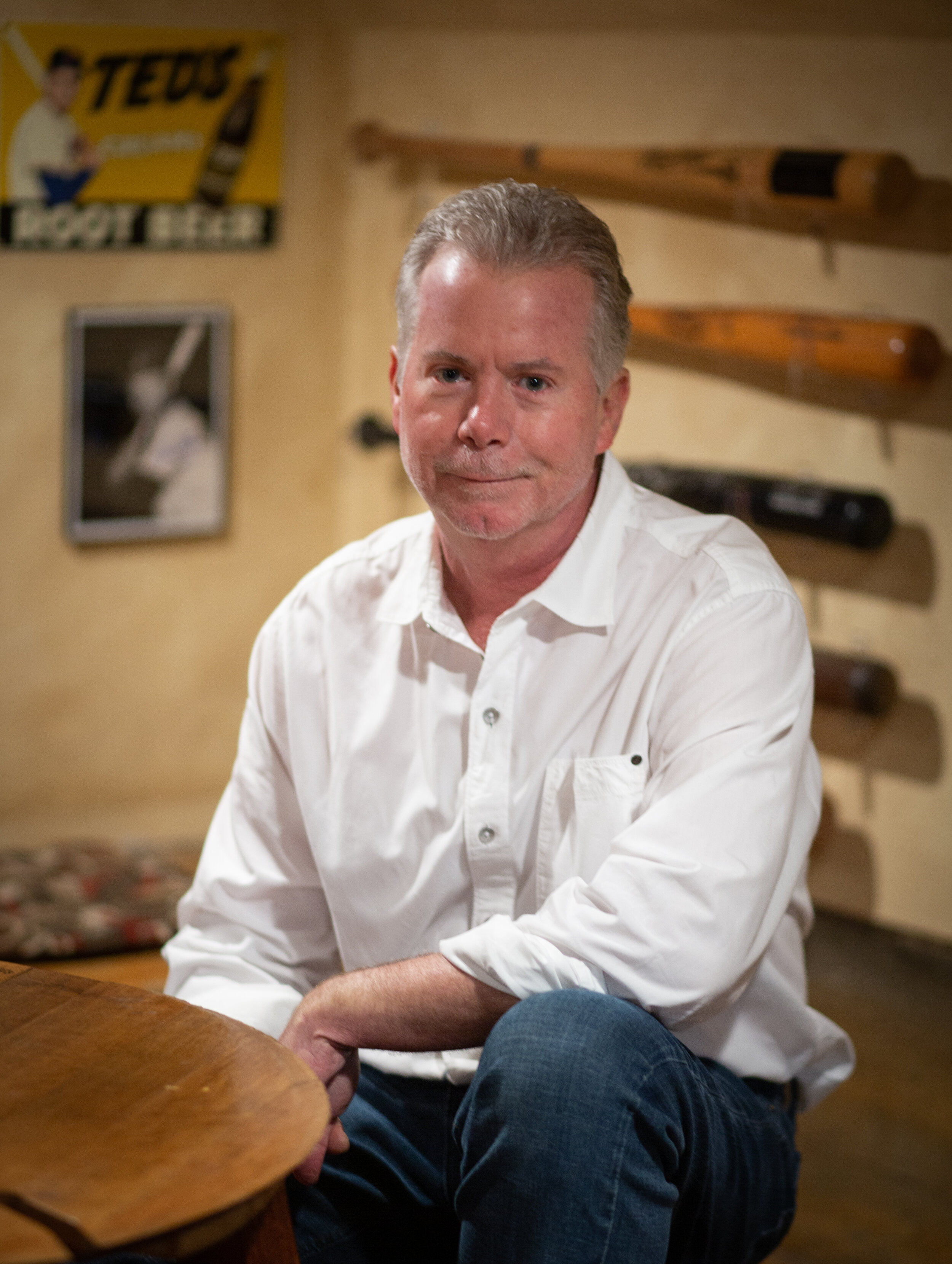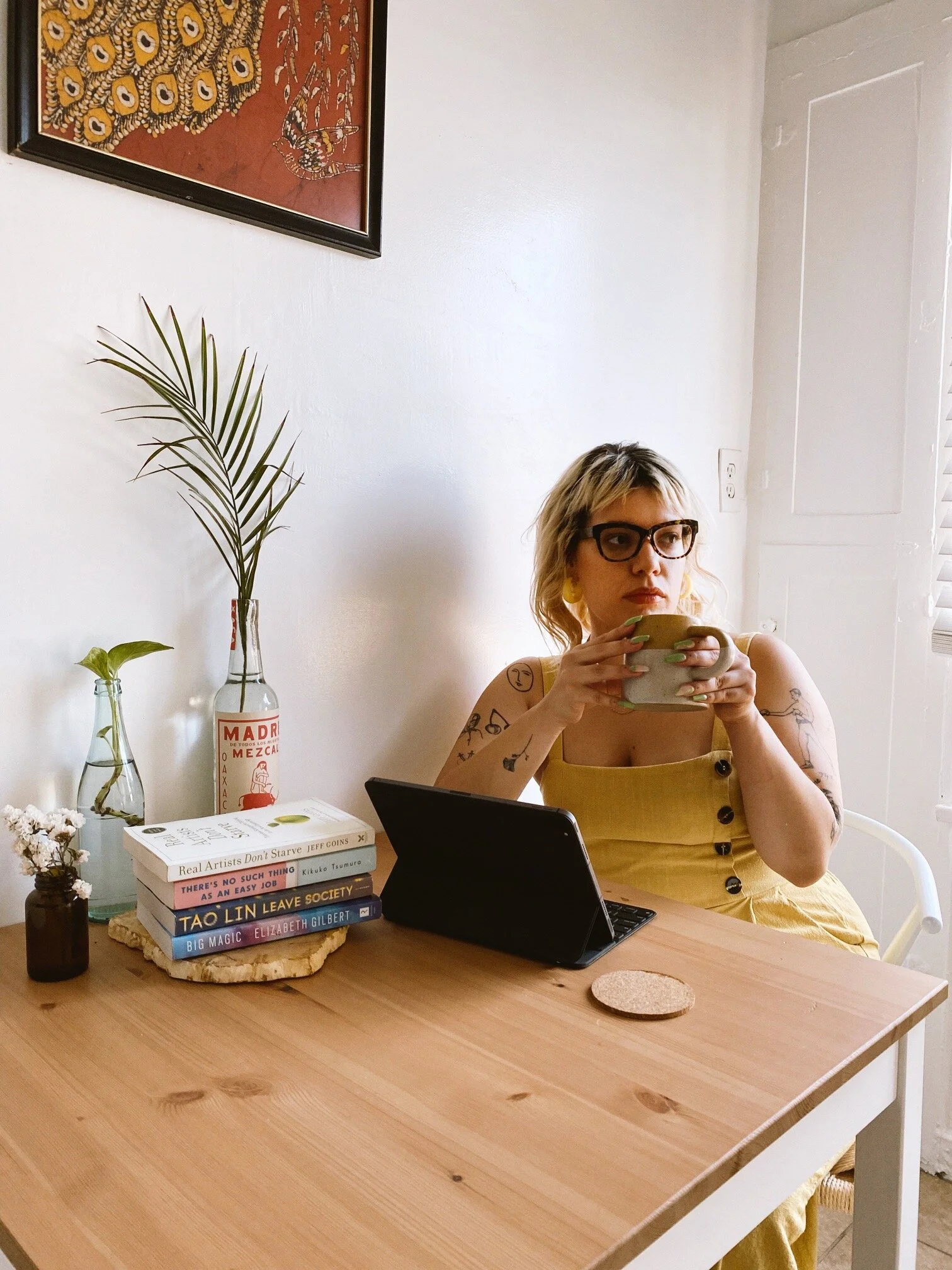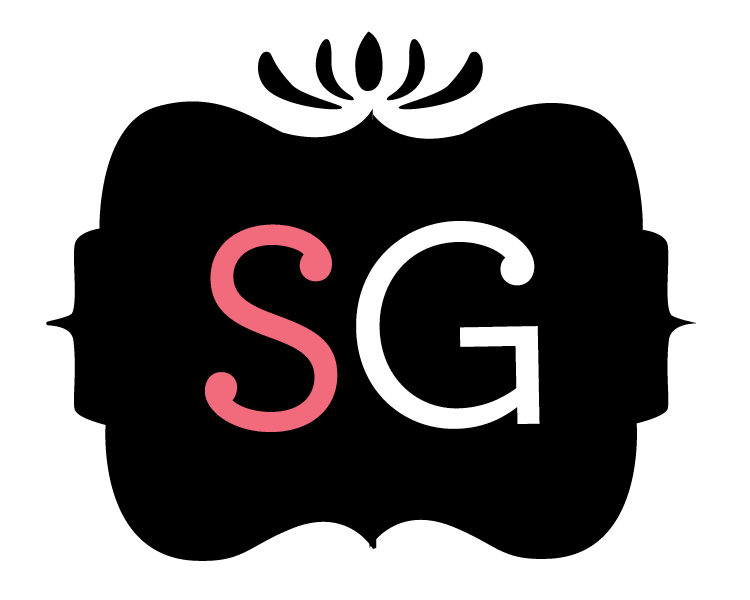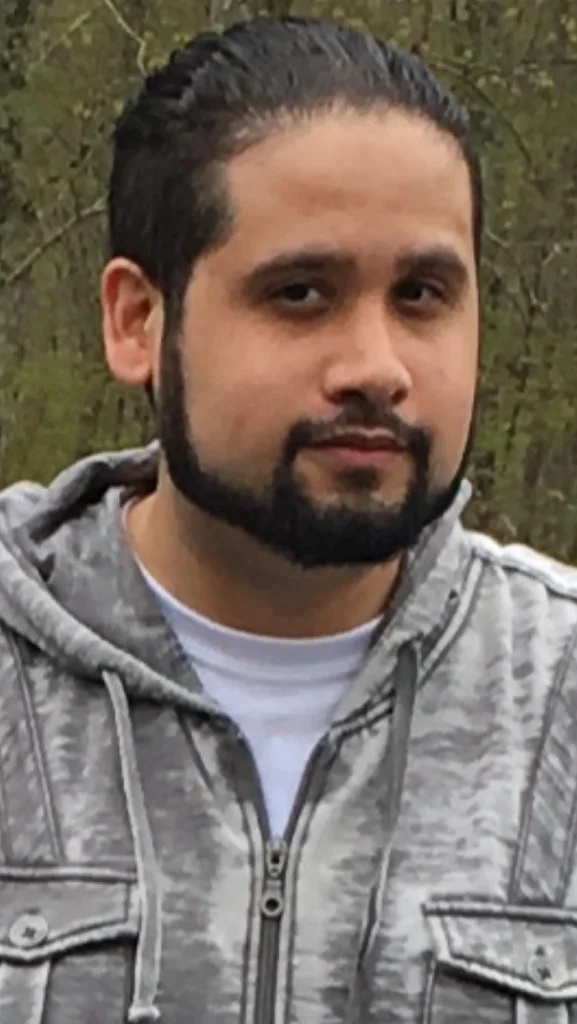The Collective Beating Heart: Interview with Amy Bond
Amy Bond is an attorney/pole dancer/small business owner based out of the Bay Area in CA. I have heard Amy refer to her legal work, which includes pro bono detention center work and volunteering with asylum seekers, as a "side hustle." Besides running her two successful Bay Area pole dance studios, she is writing a memoir, Becoming California, about the time when she was a sex worker in Los Angeles.
What do writing and sex work have in common? How are they different?
The sex work that I did (porn) and published writing both last a really long time in consumable form on the internet. I can do a simple Pornhub search and find videos that I was in from 2003 when I worked in adult entertainment. Having a generally terrible memory and writing a memoir are two things that don’t seem to go together very well but having access to a time capsule of my porn on Pornhub has proven very useful for remembering the timeline of that period of my life. Publishing writing is similar - whether self published or through publications - the writing stays online existing like a time capsule of who I was when I wrote the published thing. As a now trying-to-be memoirist, both are very convenient to go back to, to get into my former self’s head.
The differences between sex and writing are everything else. Sex work makes you a ton of cash. Writing doesn’t. Sex work allows you to live wholly in your body in a very flow-state like, zen kind of way (not everyone’s experience but it was mine) where writing requires you to move through your entire internal state of being before eventually using your hands to type the words on the experience of living in your body. For me, having grown up an athlete and now, where I spend about half of my working day as a choreographer and trainer, I am much more at home in work that is body oriented than I am work that requires sitting, so writing is the hardest work to me.
Who are your writing heroes?
I LOVE the Portland-based author Lidia Yuknavitch. Her memoir, Chronology of Water, is necessary reading for memoirists in the sense that it’s both a memoir and a deconstruction/critique of memoir as well. The experience of reading COW is similar to how it feels to eat a deconstructed s’more at a fine dining restaurant. It is pure enjoyment like a s’more, but the experience of it is more indulgent and interactive because you get to see all the component parts as you consume it.
But honestly, though her writing is amazing, it is not the thing that I love most about her. She makes people - especially the people who fall out of the mythical ‘normal’ box feel seen and heard and many of them are experiencing that seen-ness and heard-ness for the first time in their lives through her workshops. It was in one of her workshops 3 years ago, where I first told a story about having been a sex worker. The Corporeal Writing community was the first to tell me that my stories about that experience mattered and emboldened me to start working on my memoir. Lidia is like a story mermaid and her siren song is ‘tell me your deepest truth and I will not judge you’ and that is such a rare and beautiful thing in this world.
Other authors I am currently loving are Reema Zaman, Laura Robbins, Dana Mich, and a collective called Moving Forewards that provides resources and community to up and coming writers and which I work with on a business development end.
What do you love about writing?
The thing that I love most about writing is the fact that by doing it, we get to touch other people and connect our heart strings to one another so that we weave this invisible collective beating heart simply because we recognize each others’ shared humanity through writing. The connection to other people part is important to me because it is the foundation of how I decide what I’m going to spend time on in my life. It is the reason I started a pole dance studio and then another pole dance studio and why I do pro bono detention center work volunteering with asylum seekers. They are ways of connecting with other people with storytelling as the medium.
Through pole dance I tell stories with my routines and then help others tell their stories by choreographing their character- and story-driven routines. Through detention center work, I help asylum seekers tell their stories in a way so that they are more likely to pass what is called the “Credible Fear Interview,” which is the test for determining whether someone will be deported back to their country or allowed to stay in the US. Asylum seekers who are represented by an attorney have six-times better chance of passing their credible fear interview than those without attorneys. Helping asylum seekers tell their stories so that the stories meet the credible fear standard is, in my opinion, storytelling with very high stakes.
I had so many people help me find my voice in my 20s and into my 30s. About 6 years ago, when I became an attorney, it dawned on me that I had the resources to help other people tell theirs. The connection is, to me, the ultimate of life forces and that invisible web that storytelling weaves between people is the thing that drives everything I do.
###
I coax sexy writers like Amy Bond to reveal their creative secrets and processes in writer interviews to inspire you:
Read Amy’s essays about sex work, “Twitter Trolls Outed My Porn Star Past. So I Embraced It.” and “Secret Life of a Mormon Porn Star.”
Take a class at San Francisco Pole and Dance or Oakland Pole and Dance.
Follow Amy on Twitter and SF Pole and Dance on Instagram.

